Flip open just about any health or fitness magazine, and you’ll find an article (or at least an ad) for increasing lean body mass. Lean body mass, or muscle mass, is not just for meatheads! While clearly, you may wish to increase muscle mass because it “looks good”, increasing muscle mass can have a multitude of health benefits outside the mirror. Higher lean body mass can help combat obesity, protect against diabetes, and keep your bones strong and healthy. All of these benefits become increasingly important as we age.
Whether your goals are weight loss, muscle gains, aesthetic or functional, there are a number of supplements that can support you on your quest for increased muscle mass.
Branched-Chain Amino Acids (BCAAs)
Branched-chain amino acids, or BCAAs, are a subset of amino acids found in protein. Branched-chain refers to their chemical structure. Skeletal muscle mass utilizes BCAAs for their anti-catabolic effects. For this reason, BCAAs may arguably be the most important amino acids for muscle growth.
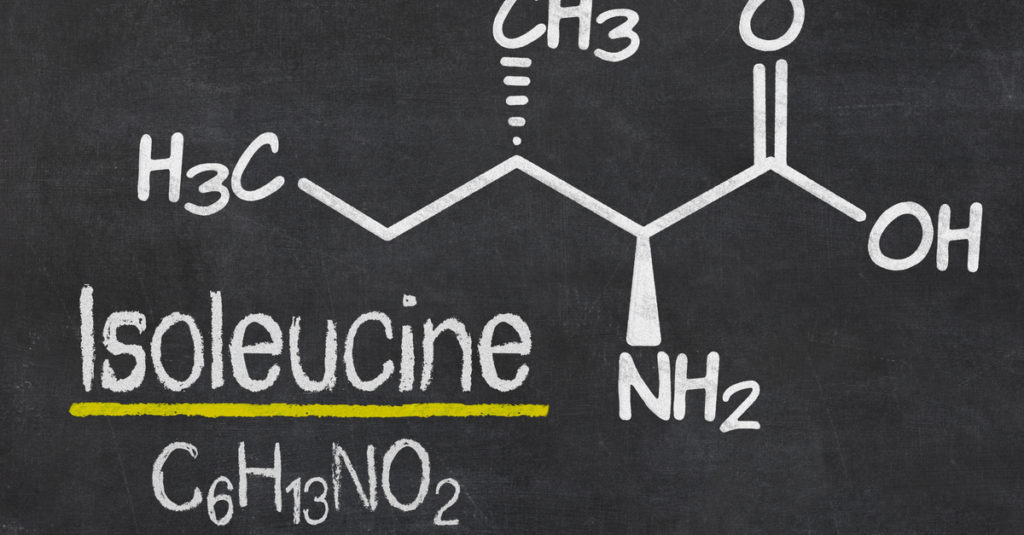
BCAAs have a triple hit effect, much like whey protein. First, they have been shown to enhance exercise performance by increasing resistance to fatigue in extended training sessions. The BCAA users in that study had a 17.2% increased resistance to fatigue compared to their counterparts! Decreased fatigue leads to more reps/higher loads; which leads to an increased capacity for muscle hypertrophy.

Second, BCAAs can decrease the need for rest and recovery by decreasing delayed onset muscle soreness, or DOMS. You know, that “why can’t I feel my legs?” feeling after squat day? That’s DOMS. By reducing muscle soreness and fatigue, you can get back in for that next session, and stay on track with your goals. And the third, side bonus effect, BCAAs can reduce abdominal body fat. If your goals are aesthetic in nature, BCAAs can help to reveal all those muscle gains you’ve been working so hard for, by reducing the fat that’s hiding them. Um, score!

In review: branched-chain amino acids can increase performance, enhance recovery and contribute to a more desirable lean body mass ratio. These bad boys can do so many other things as well! You can read all about them here. BCAAs can be used in powder or capsule form, depending on your desired dose and method of use. (Pro-tip: BCAA powder may be best used in a smoothie, in combination with another product or with a flavor added for palatability)

Beta-Alanine
Beta-alanine is, yet another, amino acid that has become popular among athletes and fitness buffs alike. It’s been gaining so much attention and research that the Olympic Committee listed beta-alanine as one of the supplements that can directly improve sports performance. Just how does this happen? Beta-alanine, like the other supplements we have discussed, can affect muscle mass by assisting with various aspects of training impact. Beta-alanine can help to reduce feelings of fatigue during intense sessions, so you can push a bit harder. Beta-alanine can, like other supplements we have discussed, enhance performance during strength training exercises and optimize workout effectiveness. A novel effect that beta-alanine may have is to promote enhanced cognitive function and resiliency during stressful situations. If you don’t think HIIT training is perceived as a “stressful situation” to your body, you’re doing it wrong.

An important note to make about supplementation with beta-alanine is that it can produce paresthesia, or a tingling sensation, which you may find uncomfortable or distracting. Using a time-released formula can mitigate these effects and optimize the effectiveness of supplementation.
Creatine
Okay then, we’ve got some endurance and recovery enhancers, so let’s bring in some big guns! Get it? Creatine monohydrate, most often called creatine, is a compound found in muscle and brain tissue. This compound can boost production of ATP, the energy fuel for our cells. This can directly, and indirectly, affect muscle mass in various ways.
While you are already pushing your workout endurance with the supplements above, creatine has been shown to have a direct effect on muscle strength after as few as 4 weeks of strength training. An increase in muscle strength is one thing, though creatine can also increase the mass and volume of your lifting sessions. Add some more plates to that bar please! If you’re going for that lean, mean aesthetic and adding sprints you’re your sessions, creatine can also enhance your sprinting performance. Wait, I have more… adding creatine supplementation to workouts can increase muscle mass. In one study, a resistance training in combination with creatine supplementation resulted in significantly greater fat-free mass, strength and fiber cross-sectional area gains compared with placebo. Yep, you heard me, direct gains.
Glutamine
Here’s another fabulous amino acid with a multitude of uses. Glutamine supplementation is a huge component of my practice because it can play so many physiologic roles in protein synthesis, gut health and the immune system. It can be used with GI disorders, food sensitivity/gut permeability and athletes. Today, let’s stick to the athletic uses. I’ll hit you up another day about the rest. Glutamine plays a main role in enhancing muscle mass by preventing excessive muscle protein breakdown that may occur during exercise, particularly strength training exercise. You can think of glutamine as a “protective agent” in that sense.

Glutamine can also help your muscles to preserve glycogen stores after exercise. This will help them to preserve function and prevent muscle fatigue. Supplementation of glutamine has been shown to result in faster recovery of peak torque and decreased muscle soreness following exercise. We’ve been here before, faster recovery and decreased soreness equals increased effectiveness. Glutamine can be supplemented in capsule form or powder form. My personal recommendation is to go with a powder format to get the optimal dose, as multiple capsules is often required for optimal glutamine dosing. It doesn’t have much of a taste, and mixes easily into water or a protein shake.
Nitric Oxide/Growth Hormone Boosters
I lumped these categories together because there are so many crossovers between boosting nitric oxide (NO) and growth hormone (GH). Nitric oxide is a gas produced in our cells that mediates vasodilation, platelet aggregation and neurotransmission. To simplify, it mediates blood flow/oxygenation, blood clotting and cell communication. Growth hormone is a chemical secreted by the pituitary gland; it stimulates the growth of essentially all tissues in the body, including muscle. Increasing blood flow to the muscles, and boosting muscle synthesis can both lead to an increase in muscle mass. It’s not just about muscle mass either. Lower levels of HGH may increase your risk of disease, reduce the quality of life and increase body fat percentage. No good right? So, how can we maintain or boost levels of nitric oxide and growth hormone?
Amino acids have ruled this post, so let’s not stop now; we can mediate NO and GH production with a variety of individual amino acids, and their combinations. First, let’s take arginine. A multitude of studies have shown a mixed effect of arginine supplementation on growth hormone production and therefore athletic performance. To bring some light, one study has shown that to achieve the GH boosting effect, arginine needed to be taken on an empty stomach. To complicate matters further, the arginine must be taken away from exercise, or it may actually have the opposite effect and reduce GH production. If you’re taking arginine for growth hormone boosting effects, you may wish to use it on off training days, or before bed for best results.
Next, let’s discuss l-citrulline. L-Citrulline is another amino acid that hops on the reduced exercise fatigue train. Supplementing with citrulline reduced the time taken to complete an ergometric time trial. Citrulline may enhance athletic performance by its effect on nitric oxide and increased blood perfusion to the muscle tissue during exercise.
In some cases, the combination of amino acids leads to the greatest output. For example, the combination of arginine and ornithine (yet another amino acid) has been shown to increase growth hormone production. Luckily, some smart supplement company put those two things together for us!
Last, but not least, let’s talk about GABA. GABA is not (gasp!) an amino acid; rather, it is a neurotransmitter that helps to send messages from the brain to the nervous system. GABA supplementation has been shown to increase growth hormone secretion. We’re not talking small change here, friends. GABA supplementation after exercise increased growth hormone by 200%. Not enough you say? Take that supplement away from exercise, like before bed, and you multiply your GH production by a whopping 400%. Since GABA plays a role in sleep quality, taking it at night may not be such a bad idea. Amino acids and GABA may react with various medications, so be sure to check with your doctor before supplementing with l-arginine, l-citrulline or GABA.
Wrapping It Up
Various supplements have shown to be effective in increasing muscle mass. Some may do so directly by increasing muscle fiber diameter, others promote muscle mass by modifying factors of fatigue or effectiveness of your workout. In any case, all of them require some work on your part! Nearly every study included resistance exercise as part of the equation when calculating changes in muscle mass. Popping a protein smoothie and watching Rocky movies just isn’t going to cut it. Always discuss any new exercise or supplement routine with your doctor. Once you’ve got the go-ahead, find an exercise routine that fits your schedule, forwards your goals, and makes you smile! Your muscles look better on you that way…
Best Natural Supplements For Muscle Mass Overview
- Resistance training is required for increasing muscle mass
- Supplementation with branched-chain amino acids, beta-alanine, creatine, glutamine and naturally boosting growth hormone can help contribute to increased muscle mass
- Arginine, ornithine, citrulline and GABA may help contribute to increased levels of growth hormone and assist with increasing muscle mass
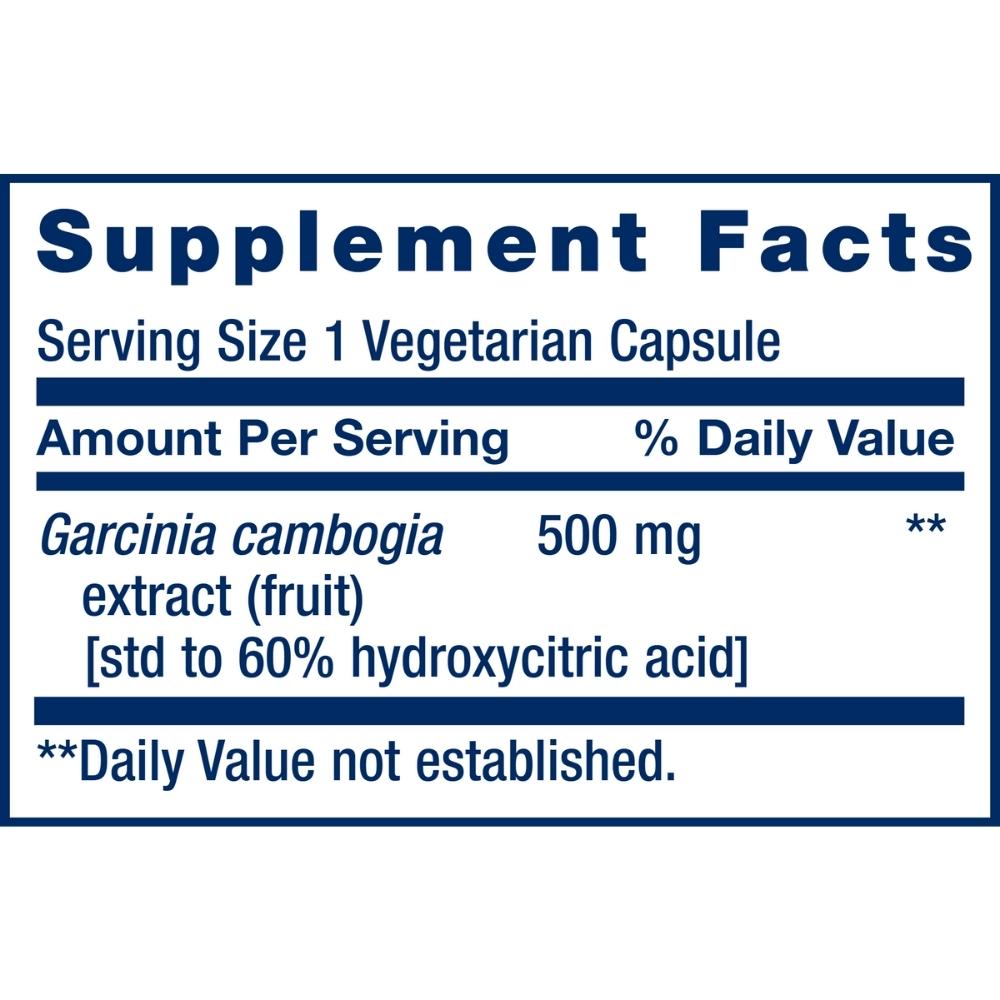
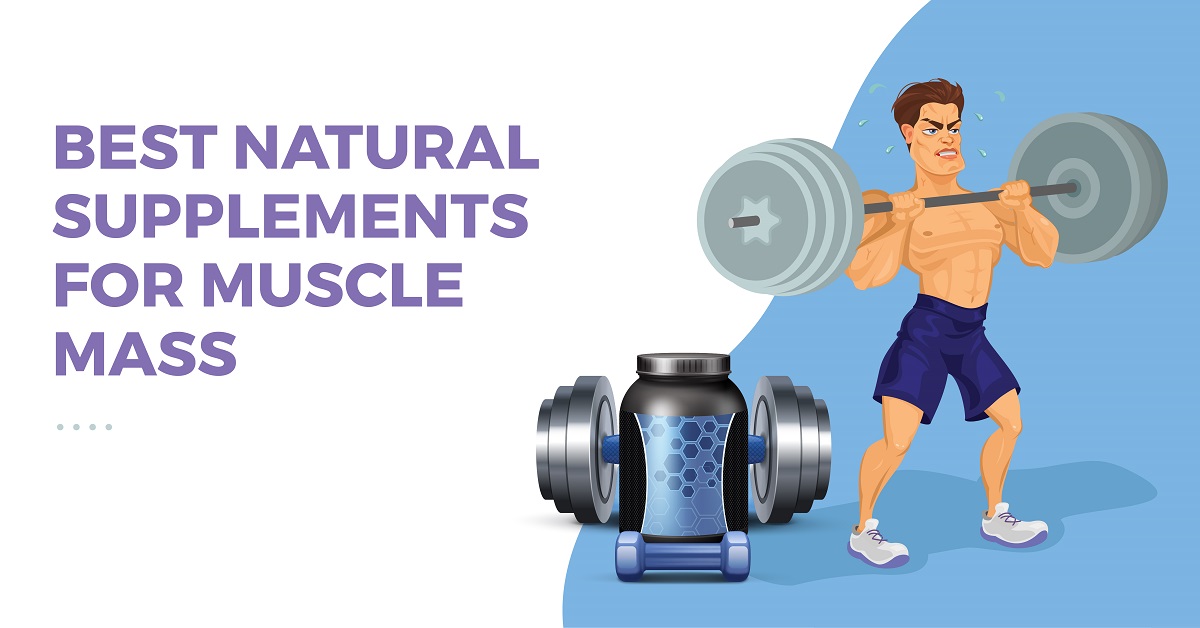




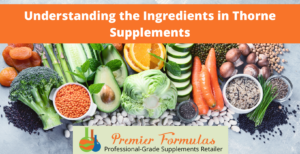
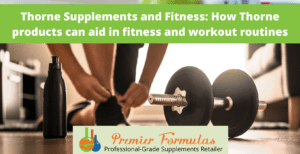

One comment on “Best Natural Supplements For Muscle Mass”
Anonymous
Good BCAA Formula With Some Extras I usually take my BCAAs in the middle of my intense workouts (lifting and/or running), or right afterwards. I look for certain things in a formula, or else I have to add my own ingredients to make it complete. Just for clarity, I often start my workouts with a pre-workout that contains some creatine, beta-alanine, caffeine, and citrulline.This formula has a lot of what I look for in a mid/post-workout formula. Obviously, it has to have Branched Chain Amino Acids. I like it to also